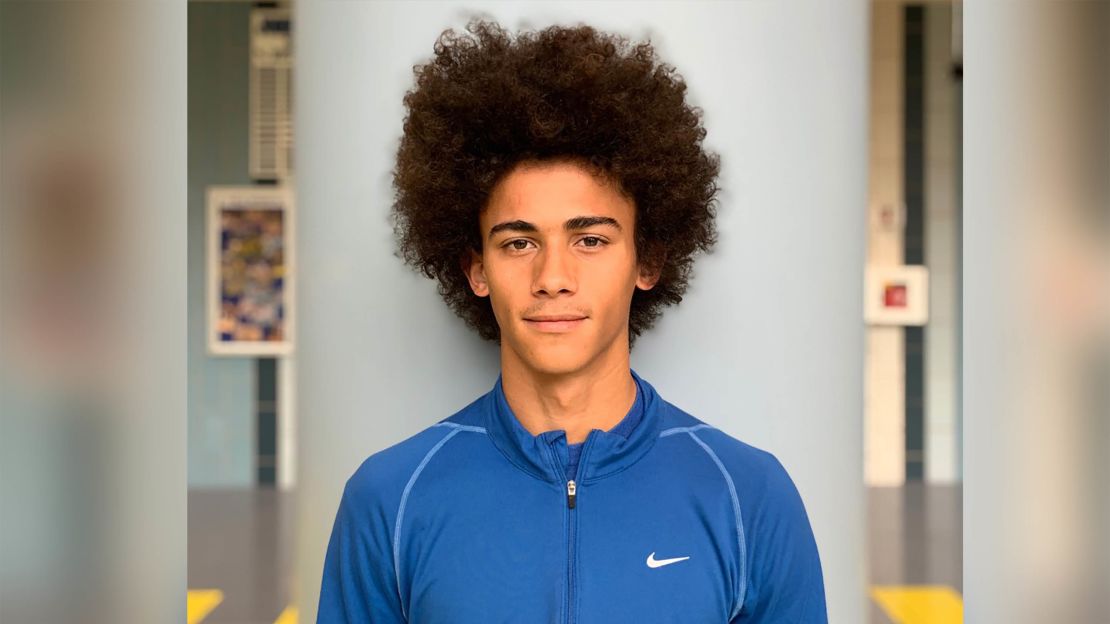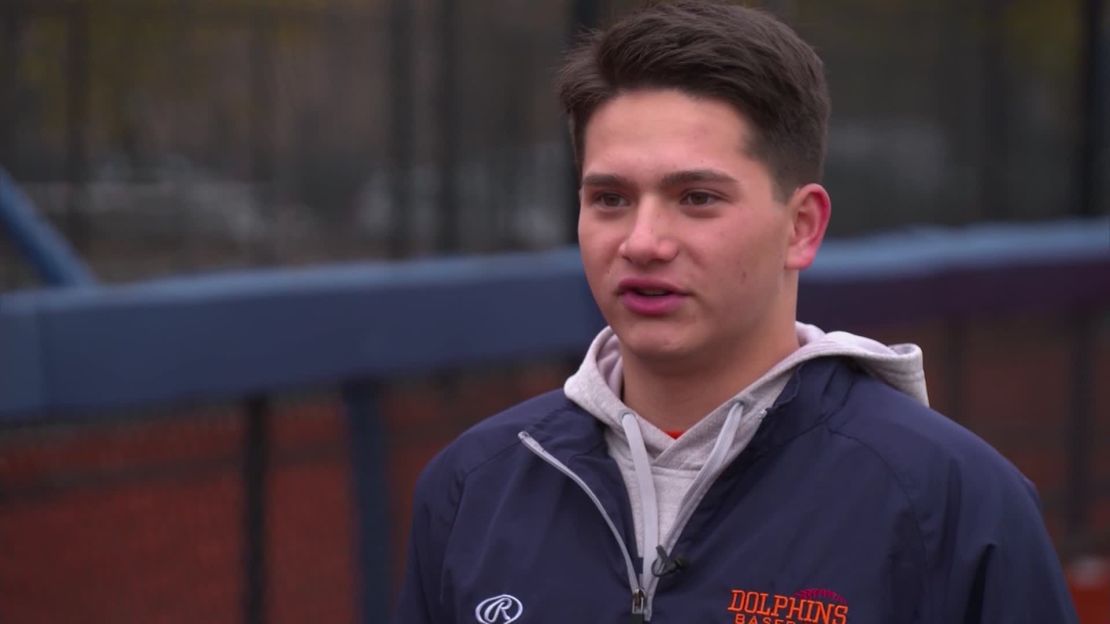Thousands of high school seniors are on the brink of missing a college application deadline. Countless more could lose a chance at scholarships.
And those are just a few of the many unexpected consequences of the Chicago teachers’ strike.
“It’s heartbreaking, really,” said Ian Bacon, a senior at Jones College Prep high school.
His cross-country team was having a stellar season until it ended abruptly due to the strike. Now, he’s worried about the Friday deadline that many universities have set for early decision.

“We’re not able to get our transcripts or anything because nobody’s at the schools to provide that,” Ian said.
“Counselors aren’t able to send in the transcripts, either. If teachers aren’t finished writing (recommendation) letters, those aren’t going to get turned in either on time. It’s coming down to the last minute.”
The Chicago Teachers Union and city officials are still stuck in an impasse. And despite a tentative deal Wednesday, the teachers are on strike for an 11th day Thursday.
So while the adults bicker over how to improve education, current students are paying the price. And even the teachers on strike could lose their health benefits if the stalemate drags on any longer.
‘This is crunch time for seniors’
Friday is a critical day for seniors across the country, as many universities have a November 1 “early decision” deadline.
And meeting that deadline can make the difference between getting into a dream school … or not.
“You do have an advantage, depending on the college,” said Jacob Hirschtritt, a senior at Whitney Young High School.
One university told him its acceptance rate was about 60% during the early decision period. But students who applied later, during the regular decision period, have an acceptance rate of only 18%.

“This is crunch time for seniors,” Jacob said.
He’s waiting for recommendation letters from teachers and, hopefully, the return of a school employee who helps read college application essays.
“I don’t have someone, professionally, able to read my essay,” Jacob said. “It’s a little nerve wracking, when I’m submitting college apps with multiple, different essays. I’m not fully confident in myself and just acting by myself.”
He said he feels bad for all the students who were hoping to retake the ACT test to get a better score, but won’t be able to do so before early decision deadlines.
Some students have requested deadline extensions to apply for “early decision,” since they can’t get teacher recommendation letters or transcripts.
Jacob was given a deadline extension for one school. But that doesn’t alleviate the anxiety.
“I don’t know if I’ll make the extension date, even with this, because of the strike continuing longer than maybe they even expected.”
Some athletes might not get scholarships
One of the biggest casualties of the strike is fall high school athletics.
A state governing agency has rules about the minimum numbers of games or practices leading up to playoffs that students must participate in.
But many coaches are also teachers on strike. And since they can’t cross the picket lines, students are either unable to practice or barred from trying to qualify for regional or state championships.
“This is the thing that these kids worked for, and unfortunately it’s just been ripped away from them,” said Kevin Sterling, the father of a high school cross-country runner.
“The state tournament is where college coaches and college recruiters go to start handing out college scholarships to kids.”
Sterling said he’s particularly heartbroken for students whose families were counting on athletic scholarships.
“For kids in families without the means, (they) may forgo the opportunity of a college education,” he said. “In my mind, that cost is too high.”
Teachers could lose their health coverage
Both the teachers’ union and city officials said they wanted this strike to end quickly. That was almost two weeks ago.
If the strike continues through Friday, those on the picket lines could lose their health benefits.
“Health insurance coverage is based on being in pay status on the first day of the month, so we are covered for the month of October,” the union’s website said.
“If the Mayor chooses to cut health insurance effective November 1st, members (and their covered dependents) will automatically be eligible for COBRA.”
COBRA offers temporary coverage of health benefits under certain circumstances. But it’s often much more expensive than standard health insurance plans.
A painfully long wait
While many seniors have senioritis right now, the mood in Chicago is different.
“My hope is the strike ends soon,” Jacob said. “I’d like to get back to school. Get my essays read. Meet with my teachers. Make sure my letters of rec and everything are set. Because I would love to apply to college.”
Since he hasn’t had class in weeks, Jacob and his baseball teammates have been passing the time by practicing and trying to stay in shape.
Sterling said he hopes the dueling sides of the teachers’ strike finally resolve their differences soon.
“I’m really glad I’m not a kid right now, because we’ve really made this as difficult as possible for them. And it’s just not fair for them,” the father said.
“The kids have acted better through this than the adults.”
CNN’s Omar Jimenez and Darran Simon contributed to this report.









